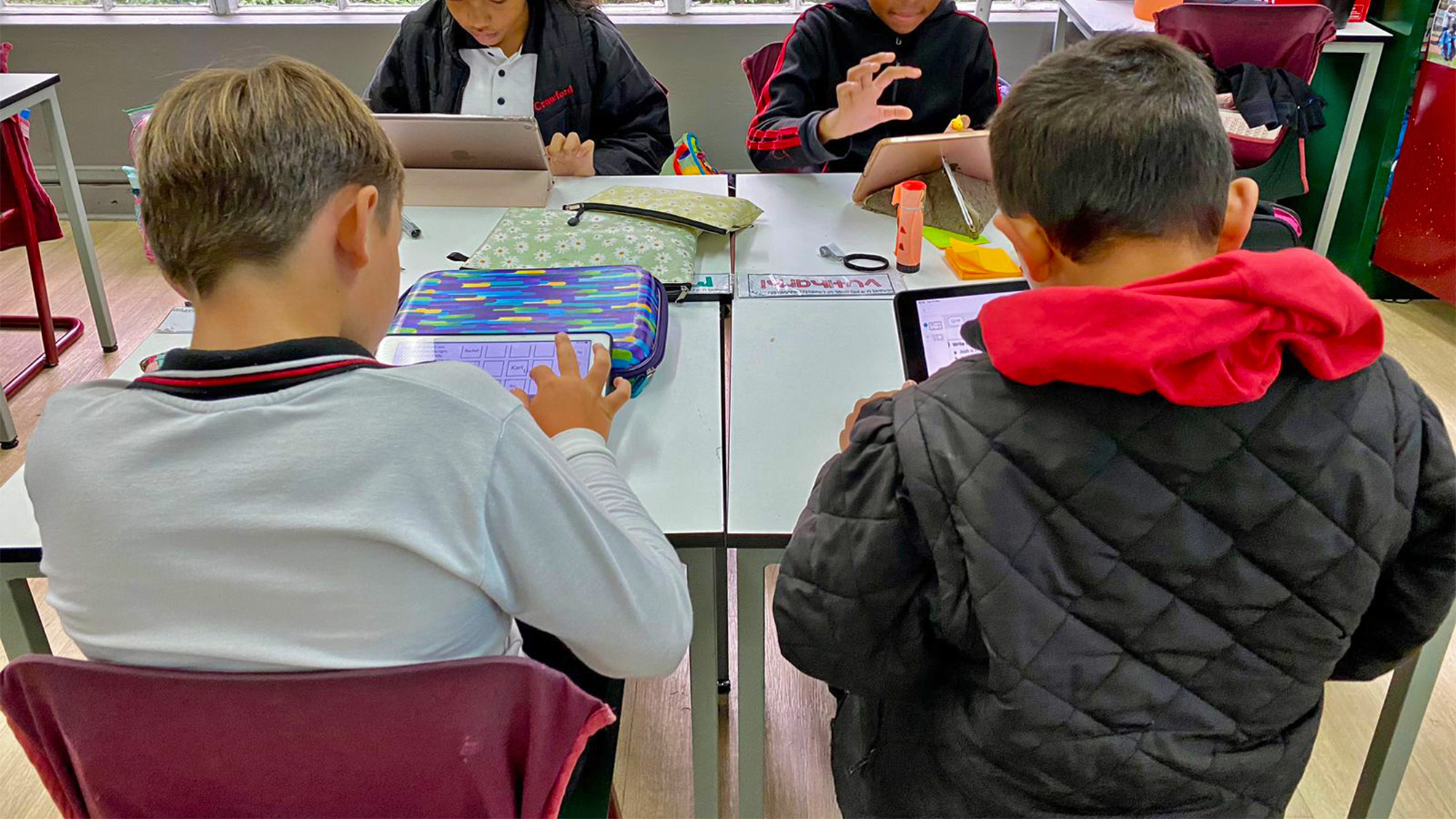In the bustling halls of Crawford International Sandton, education transcends the conventional boundaries of textbooks and exams.
- Summative assessments play a pivotal role in the educational landscape, offering a comprehensive overview of a student’s knowledge and skills.
- The assessment strategies are diverse, reflecting the multifaceted nature of the students and the Primary Years Programme (PYP) emphasis on a well-rounded education.
- The journey toward nurturing lifelong learners is a collaborative effort, where assessment becomes a tool for empowerment.
- Visit www.sandtontimes.co.za for more stories.
At the heart of the educational philosophy lies a commitment to holistic development, a commitment exemplified in the approach to assessment within the framework of the International Baccalaureate (IB) Primary Years Programme (PYP).
Miss Annelize Morgan, a Grade Seven teacher, stands as a testament to the fusion of the assessment style with the PYP’s learner profile attributes. These attributes, encompassing qualities such as inquirers, thinkers, communicators, and caring individuals, form the foundation upon which the students build their academic prowess and personal growth.
Classroom observations serve as windows into the dynamic world of student interactions, discussions stimulate critical thinking, quizzes provide quick snapshots of comprehension, and peer assessments foster collaborative learning environments.
Yet, it is the commitment to continuous evaluation that truly sets us apart. This ongoing process offers invaluable insights into student understanding, allowing the dedicated educators to tailor their instruction to meet individual needs. The emphasis is not solely on evaluating knowledge; it’s a journey of guiding students toward becoming well-rounded individuals.
These assessments, conducted at the culmination of a unit or period of study, take various forms—end-of-unit tests, projects, presentations, and research papers. Each serves as a milestone, marking the academic and personal growth of the students.
However, the approach to assessment is not confined to the act of measurement; it extends to the realm of learning promotion. We firmly believe that assessment should be a catalyst for growth, a tool that nurtures development rather than merely gauges it. In this spirit, we encourage the students to actively engage in self-assessment and reflection.
This self-reflective practice empowers students to take ownership of their progress, fostering a sense of independence that transcends the classroom. It’s not just about the grades they achieve; it’s about understanding the learning process, recognizing strengths, and identifying areas for improvement. Through self-assessment, the students become architects of their educational journey.
As we witness the positive impact of the assessment philosophy on student development, we take pride in the transformation occurring within the classrooms. Beyond academic proficiency, the students are evolving into compassionate, reflective, and empowered individuals.
The PYP’s learner profile attributes serve as guiding stars, shaping not only the assessment strategies but also the very fabric of the teaching and learning environment. The students emerge not only as seekers of knowledge but as inquisitive minds, not just as test-takers but as critical thinkers, not mere speakers but effective communicators, and not solely as individuals but as caring members of a global community.
At Crawford International Sandton, the marriage of the assessment philosophy with the principles of the PYP creates an educational ecosystem that goes beyond academics, sculpting individuals who are not only well-prepared for the challenges of the world but are also equipped with the resilience, empathy, and curiosity to thrive in it.
Stand a chance to WIN with The Sandton Times.
Advertise on The Sandton Times today!
Head back to The Sandton Times Home Page for more stories.

![sandtontimes-crawford-international-sandton-001-[2000×1125] Crawford](https://sandtontimes.co.za/wp-content/uploads/2023/07/sandtontimes-crawford-international-sandton-001-2000x1125-1.jpg)










